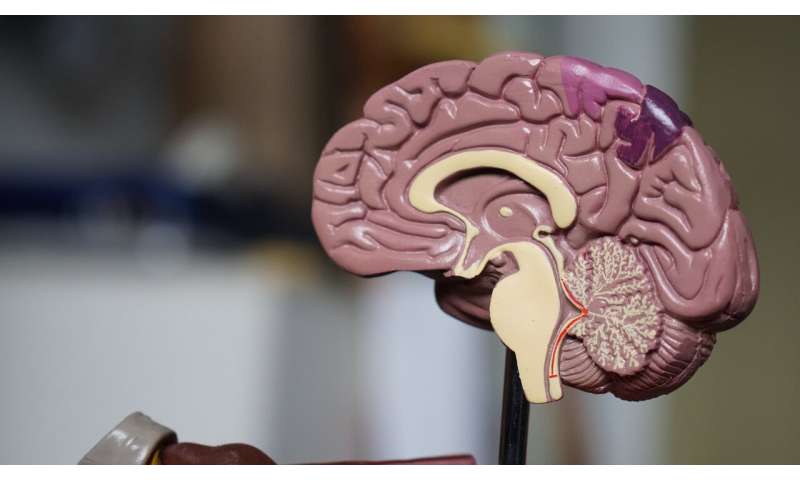Brain exosomes from blood samples allow earlier diagnosis of ALS

Exosomes, microscopic packets containing genetic material, are shed by tissues into the blood. By sequencing microRNA within exosomes originating in the brain, it is now possible to definitively distinguish blood samples of ALS patients from healthy controls, a team of researchers at the Brain Chemistry Labs announced today in Open Biology. ALS is a progressive neurodegenerative disease that typically affects people in the prime of their life.
“We think this is a game changer: The methods we have pioneered will lead to the ability to rapidly diagnose ALS from a single blood draw, compared to current scientific measures where patients may have to wait for over a year for a confirmed diagnosis,” reports Dr. Sandra Banack, Brain Chemistry Labs Senior Scientist and first author on the new paper. “People with ALS typically live an average of two to three years after diagnosis, so a rapid assessment is crucial.”
The new test is based on exosomes, which are microscopic packets containing genetic material that are shed by different tissues in the body. The researchers purified brain exosomes from blood plasma by targeting a unique protein on the exosome surface. Using the brain exosomes, the researchers extracted microRNA, which are short sequences of genetic material that typically regulate gene expression within the cell. Eight different microRNA sequences together form a unique genetic fingerprint that distinguishes blood samples of ALS patients from healthy controls.
According to Dr. Rachael Dunlop, Brain Chemistry Labs senior research fellow, “This new genetic fingerprint may open up opportunities for novel drug discovery. Given the lack of treatments for ALS, physicians and researchers understand the importance of having a new biomarker to help in assessing the effectiveness of new drug candidates, and in enabling patients to receive experimental treatments at an earlier stage of the disease.”
Dr. Walter Bradley, Chairman Emeritus of the Department of Neurology at the University of Miami Miller School of Medicine, who was not an author on this study, welcomed this advance. “Early diagnosis is the holy grail for many neurological diseases,” he said. “These new results are extremely promising for patients and their physicians.”
Source: Read Full Article
